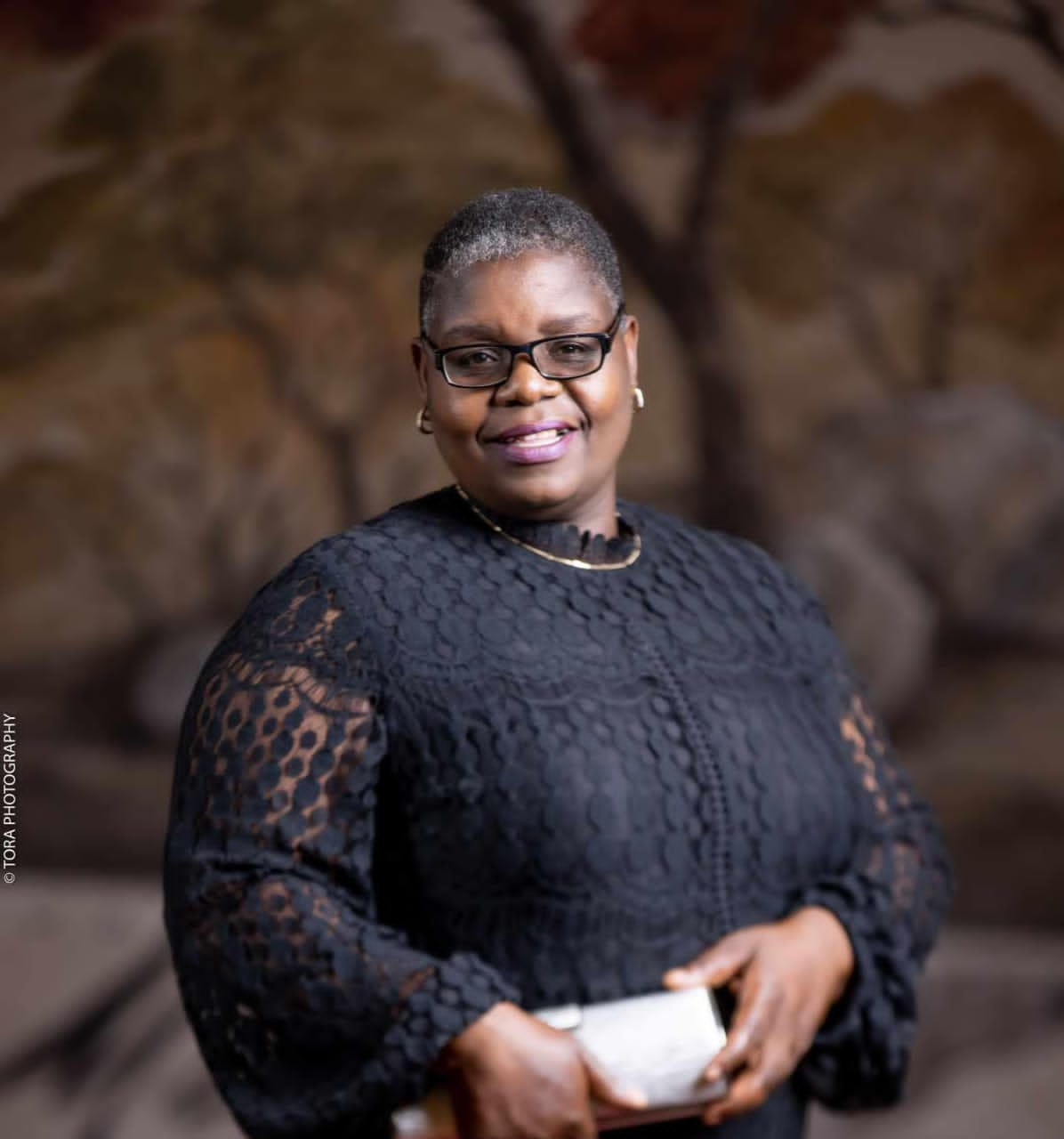“I was angry at my children for no reason. Things that I took for granted before I suddenly struggled with. My body was no longer pliant, when I wanted to bend or lift something there were aches and pains. I would have headaches; in one breath I would be hot then in the next cold. I couldn’t understand what was happening to me.”
This is the experience of Martha Mpakula and of most women when they reach peri-menopause, they experience pain coupled with confusion and wonder at what would be happening to them.
There is very little knowledge about menopause for easy public consumption; mostly people who are well read and living in urban areas have more accurate information. It is not something that’s talked about openly in the community and in families. It’s a taboo subject, much like how it was “forbidden” to openly talk about periods.
Martha decided to change that.
“I took it upon myself to research and discovered what I was feeling were symptoms of menopause and peri-menopause. I discovered in the Western world it’s something they are so open about with extensive research for everyone’s consumption. But I couldn’t find something on the Zimbabwean landscape. I started to write about it on my Facebook page, talking about it with my age mates and they were as puzzled as I was,” said Martha.
This led to the birth of “Yes to meno-pausitivity”, an organization that stands with women as they go through menopause. They provide psycho social support, meno-clinics, meno-cafes and fitness as well as counselling services for women going through menopause. They also carry out menopause at work training so as to make organisations menopause friendly. Menopause takes an immense toll on women’s emotional and physical health therefore Martha and her team have made sure to include a number of fun, stress relieving activities in their itinerary. Currently, they have spread their wings to Zambia; bringing answers and awareness to thousands of women.

“Women are hungry for information on what’s happening to them, we are leaning a lot from each other through these groups. We encourage each other to eat healthy and exercise and share on anything to improve the quality of life during this menopausal transition,” said Martha.

Menopause occurs when there is a natural decline in reproductive hormones when women reach their 40s or 50s. When a woman reaches menopause she goes for twelve continuous months without having a menstrual period. This is a result of normal ageing, in which ovaries begin to fail to produce ‘enough’ female sex hormones. The menopausal experience is different for women. Some women don’t have any trouble with menopausal symptoms and may even feel relieved that they no longer have to worry about painful periods or getting pregnant. For others, the menopausal transition causes mood swings and depression, hot flashes, trouble sleeping, pain during sex. The body begins to use energy differently with fat cells causing some women to gain weight easily. There are women who experience menopause earlier than normal ad this is called premature menopause. Premature menopause is when menopause happens before age 40 years. Early menopause is when menopause happens before age 45 years. Causes of early & premature menopause include anything that damages your ovaries or stops the body from producing oestrogen. This includes surgery that removes the uterus or ovaries, cigarette smoking, cancer treatment (radiotherapy or chemotherapy), autoimmune diseases such as rheumatoid arthritis and thyroid disease, HIV/AIDS or other infections like mumps.
There are so many myths associated with menopause; one of the most common being that when one reaches menopause they are not supposed to indulge in sexual intercourse. It is believed that when a woman stops menstruating then there is no mechanism to clean the sperm from a woman’s body which would normally have been done through menstruation.
But these remain myths and according to Dr. Henry Madzorera some women may get pregnant during this peri-menopausal period. Dr.Madzorera said that many women do get pregnant by accident in the peri–menopause phase because they lower their guard in the belief that they will not get pregnant. “Treat yourself as fertile and use appropriate contraception if you don’t want to get pregnant. The age of 41-44 has been noted to have the highest number of unplanned pregnancies during peri–menopause. So women should use contraception until they’ve gone for 12 months without a period,” he advised.
He added that menopausal women may experience pain during sex because of a drop in oestrogen levels. Oestrogen levels in the blood are responsible for maintaining the vagina well moisturised and in good health. As oestrogen levels drop, dryness and thinning of the vaginal wall set in. This may cause dyspareunia (painful intercourse) and other reproductive organ symptoms.
“Women experiencing menopausal symptoms should seek help from their healthcare provider, as many of these problems can be adequately treated. Forgetfulness increases in the menopausal transition but it is worth noting that memory generally decreases with increasing age. Women on oestrogen replacement therapy however, seem to have a greater preservation of memory than those not on oestrogen,” said Dr.Madzorera.
For Martha and her team at Yes To Meno-pausitivity, the fight to make every person more aware about menopause continues.

“Menopause will symptomatically affect about 51% of our population, should they grow old enough. Socially, it will then affect anyone and everyone who interacts or is connected to these women, at home, at work, at church and in the community. I believe that is a strong enough or valid reason for everyone to be aware of menopause and how to embrace and live with it,” said Martha.
